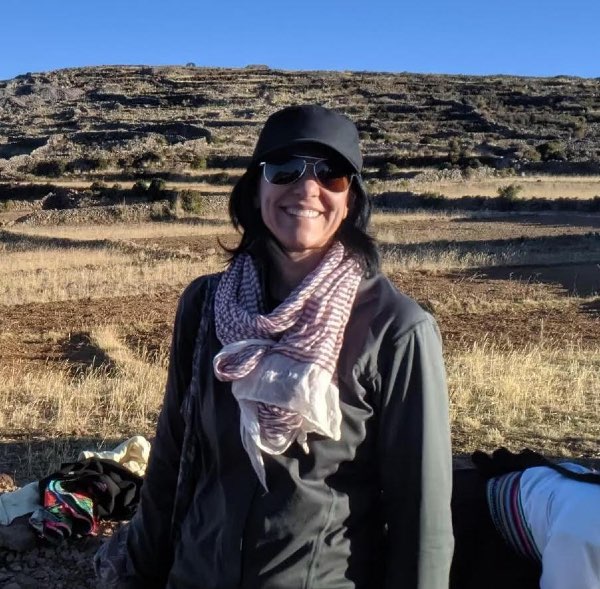Jill Korach
Education
Ph.D. Ecology, Evolution, and Environmental Biology, Miami University (2019)
M.S. Environmental Science
B.A. Biology
Biographical Information
I serve as Project Dragonfly’s Assistant Director of Field Programs where I instruct multiple Dragonfly and education abroad courses each year, advise Dragonfly graduate students, and partner with global conservation organizations worldwide directing our Earth Expeditions program.
My research centers on place, specifically focusing on how the values we hold for important natural areas can contribute positively to conservation. The ecological and social components of conservation are inextricably linked and this multidisciplinary work combines concepts from the fields of biology, psychology, environmental science, and education among others.
To understand how our individual personal-nature connections support pro-environmental behaviors, we look to best practices from global organizations and conservation initiatives happening locally and globally. My work takes a collaborative approach, partnering with expert local community members in a variety of global communities who practice positive conservation action. Much of my work has focused in Belize, Hawai’i USA, Galápagos Ecuador, and India.
I find volunteering in my community enriches my life greatly. I also devote time creating engaging greenspaces in my local community and serving on the board of Imago, a Cincinnati-based non-profit focused on connecting more of us to nature and sustainable living.
Selected Publications & Presentations
- Korach, J., & McConnell, A. R. (2021). The triadic framework: Integrating nature, communities, and belief systems into the self-concept for sustained conservation action. Sustainability, 13(15), 8348.
- Korach, J., Herrera, P., & Myers, C. (2020). Linking locally valued plants and places for conservation, Community Baboon Sanctuary, Belize. Global Ecology and Conservation, e01065.
- *Ecological and Social Perspectives on Conservation, 2020. Presented as a joint collaboration with the Denver Zoo and Cleveland MetroParks Zoo. Co-presented with P. Herrera.
- *Personal Values and Knowledge of Locally Important Plants and Places in Belize, 2019. Presented at the 60th Annual Society for Economic Botany Conference, Cincinnati, OH.
- *From Learner to Leader: How International Graduate Field Courses and Inquiry-based Learning Contribute to Authentic Local and Global Conservation Action, Co-presented with K. Matteson, 2018. The Original Lilly Conference on University and College Teaching, Oxford, OH.
- *Learning from Local Communities: How Nature Connections Matter in Conservation, 2019. North American Association for Environmental Education, 48th Annual Conference, Lexington, KY.
- *Environmental Behavior Change Workshop Co-facilitator, Galápagos, Ecuador, 2017.Invited to facilitate by Ecology Project International, Galápagos. Two-day workshop with participants from several Galápagos islands, including representation from national parks, local conservancies, schools, and local environmental groups. Co-facilitated with Houston Zoo.
Courses Taught
- BIO 623 - Human Dimensions in Conservation
- BIO 695 - Plants & People
- BIO 663 - Project Design and Assessment
- BIO 642 - Amazon: Conservation & Avian Ecology
- BIO 644 - Baja: Field Methods
- BIO 645 - Belize: Approaches in Environmental Stewardship
- BIO 646 - Borneo: Primate Conservation
- BIO 681 - Galápagos: Islands of Change
- BIO 647 - Guyana: Local Wisdom & Conservation
- BIO 648 - Hawai’i: Saving Species
- BIO 653 - India: Species, Deities, Communities
- BIO 649 - Kenya: Wildlife & People in Integrated Landscapes
- BIO 651 - Mongolia: Steppe Ecology
- BIO 692 - Namibia: Great Cat Conservation
- BIO 682 - Paraguay: Eco-leadership
- BIO 652 - Thailand: Spiritual Ecology & Buddhism
- BIO 693 - Trinidad: Environmental Education (no longer offered)
